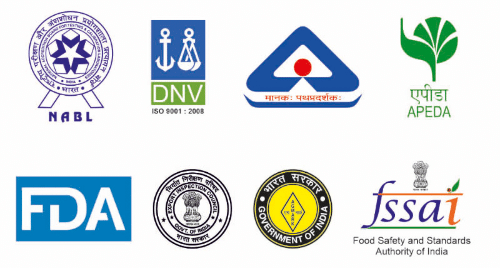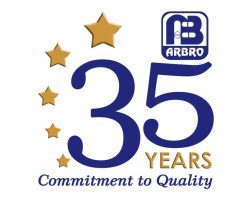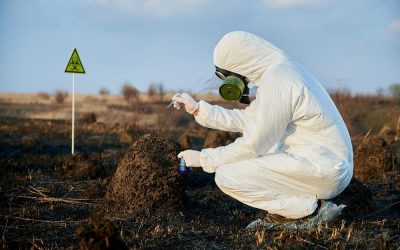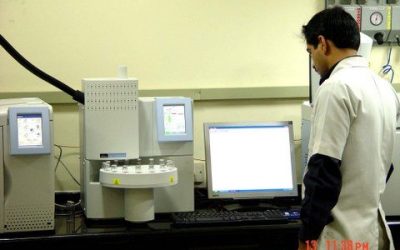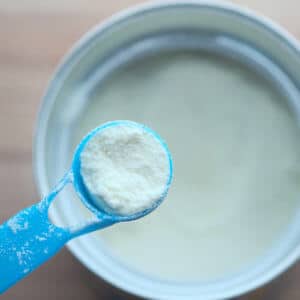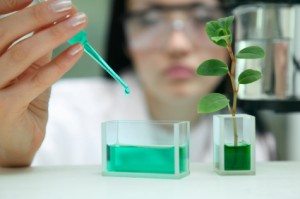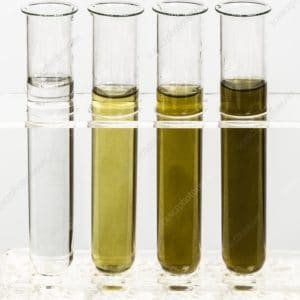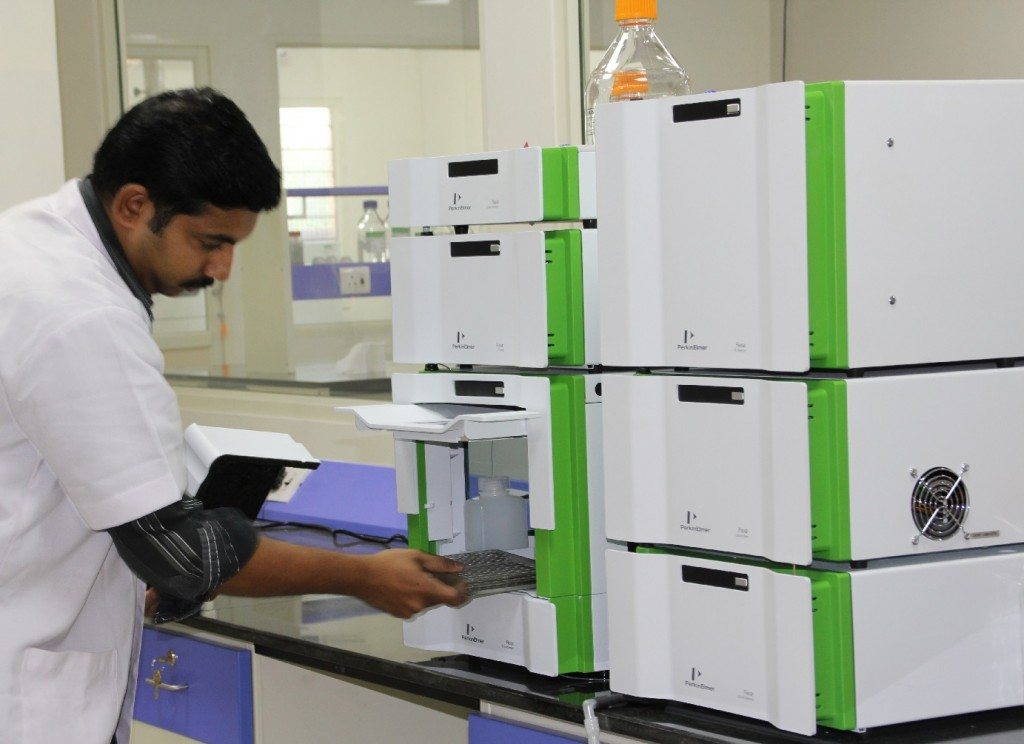
Mustard oil has been used in Indian households for ages. However, these were extracted and used locally in older times. For this reason, people never doubted the quality of the oil.
Now, on the other hand, these oils are sold on a large scale. That is why several people mix adulterants into the mustard oil to increase its quantity and decrease high production costs. This is where the mustard oil test comes into the role.
Through proper mustard oil testing procedure, one can determine whether the given mustard oil is adulterated or pure. Sometimes these adulterations can be accidental in places where multiple oils are manufactured. Hence, it is crucial for all operators to get their mustard oil tested to ensure quality.
Requirement for Mustard Oil Test
The FSSAI has recently carried out a surveillance exercise of edible oils and fats in Delhi-NCR. According to the sample test reports, around 33% of samples of mustard oil were found to have the presence of oryzanol, which indicates the presence of rice bran oil in mustard oil.
The FSSAI has since directed all Food Safety Commissioners of all States and UTs to carry out enforcement activities and to collect samples of mustard oil of various brands in the market and get them tested for the presence of oryzanol. In case any adulteration is detected, then the action is to be taken against the defaulters as per the Food Safety and Standards Act, Rules, and Regulations.
Why Rice Bran Oil Adulteration?
Rice bran oil is a rich source of oryzanol, whereas mustard oil contains only trace amounts of oryzanol. Therefore, the presence of oryzanol in mustard oil means the mustard oil is not pure and has been adulterated with rice bran oil.
Oryzanol is also found in wheat bran and some fruits and vegetables. Moreover, physically refined rice bran oil is similar to mustard oil in colour and density. Since rice bran oil is cheaper than mustard oil, it is frequently used as an adulterant in mustard oil.
This helps the manufacturers in increasing the overall quantity of mustard oil without raising the production costs. However, adulterating mustard oil is not the correct practice because it reduces the quality and benefits of the oil. That is why all operators should keep an eye on their product and ensure no other oil gets mixed with it, even accidentally.
Mustard Oil Purity Tests at Laboratory
Laboratory testing becomes necessary for all bulk produced mustard oils. Different mustard oil testing procedures are undertaken by experts to detect adulterants in the oil.
However, HPLC serves as one of the most effective methods here to find the presence of oryzanol in the given mustard oil sample. In case oryzanol is detected in significant quantities, it is declared that the oil is adulterated. Otherwise, the oil is said to be completely pure.
These mustard oil tests are only performed in accredited laboratories and under the supervision of professionals. It is the sole way of ensuring that the results are accurate. Plus, the production methods can be further improved if any impurities are found in the samples. The valid results help with proper analysis of the oil, therefore, guiding manufacturers to make their processes more efficient.
The mustard oil analysis, done in an accredited laboratory, is also beneficial for regulatory purposes. As stated earlier, FSSAI has now made it compulsory for all manufacturers to get their samples tested in order to assure the high quality of the product.
This way, they will not face any problem when the Food Safety Commissioners come for regular inspections of their oils. Even an accidental adulteration in such a situation can cause problems. So it is better to get the oils tested beforehand and get the proper analysis reports.
Mustard Oil Adulteration Test at Our Lab
We have the capability to test oils and blended oils for adulteration or possible accidental contamination. In bulk handling installations, where oils of different types are pumped through common valves and pipes, accidental contamination can occur. However, in order to ensure the regulatory requirement of standards for oils, it is important to carry out testing of samples.
We offer high-performance liquid chromatography (HPLC) array detection analyses and testing services for oils to ensure that the samples of mustard oil have the regulatory standards and have not been adulterated with rice bran or any other oil.
Gamma Oryzanol is a group of ferulic acid esters of phytosterols and triterpene alcohols, is a naturally rich source of antioxidants and unsaturated fatty acids. However, their presence in mustard oil at higher concentrations is a sign of adulteration.
HPLC is a testing method that has been developed to detect adulteration in oils, as through this method, differences in the profiles of the oils become evident. Also, through the HPLC method of testing, the concentration of the oryzanol can be detected, and so this method is often used to detect rice bran adulteration in mustard oil samples.
To avoid any future problem and keep your mustard oil’s quality high, you should opt for our mustard oil analysis. You can reach us through the given ‘Quick Query’ form or call us on +91-11-45754575. Our experts will guide you through the process and solve all your queries. We keep our processes transparent for the most accurate results.


